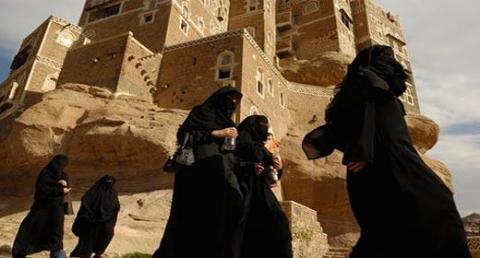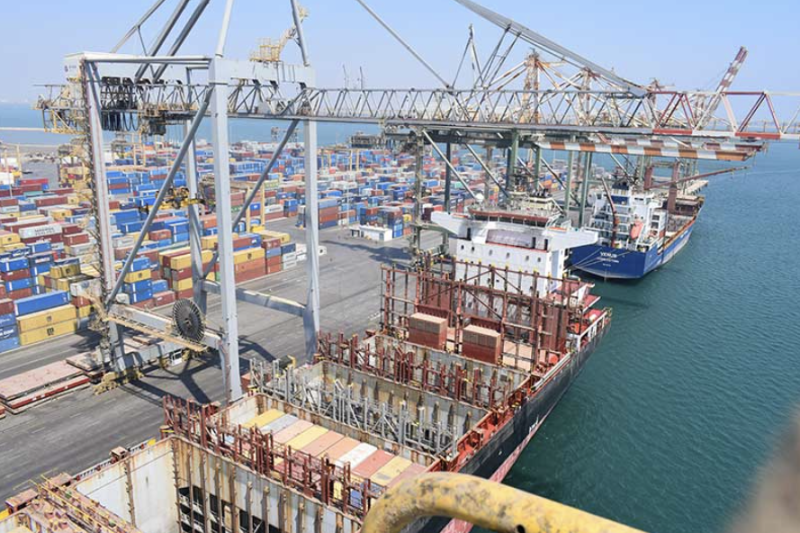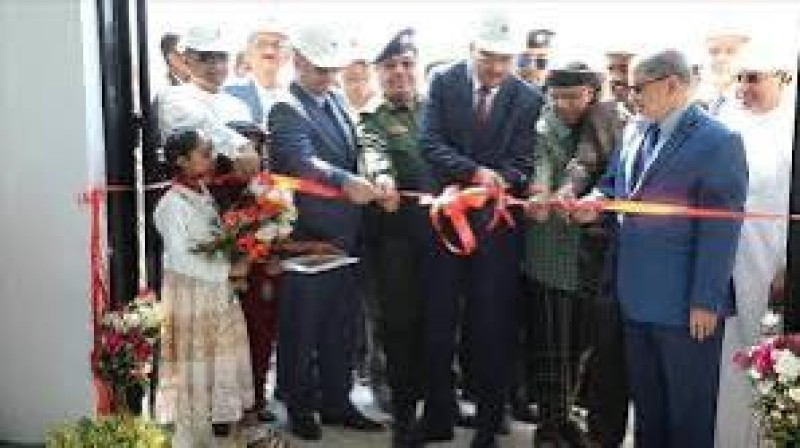Houthi militants face guerrilla campaign in Arhab


Two Houthis were killed and four others injured on Sunday after they stormed the booby-trapped house of a tribal figure in Al-Makarib village, Arhab district.
Abdualjaleel Sinan, a local sheikh, was able to confirm the number of casualties. He said the owner of the house is Yahya Al-Makroob, a prominent tribal figure with ties to Islah. Houthi militants entered the building as part of ongoing efforts to clear the area of Al-Qaeda affiliates following their withdrawal from Arhab on Dec. 13.
Another resident of Al-Makarib, Ibraheem Azan, 45, told the Yemen Times that dozens of Houthis have been killed or injured in similar explosions since they took over. He said houses have been booby-trapped by owners fleeing in fear of Houthi reprisals.
Ali Al-Qahoom, a member of the Houthi political office, claimed that the houses had been booby-trapped by Al-Qaeda affiliates since Houthi militants took control of the area.
“Since arriving in Arhab over a week ago, Ansar Allah has been purging the district and surrounding villages of terrorists,” Al-Qahoom claimed.
In the wake of the explosion, clashes broke out between Houthis and local militants in Al-Makarib, leading to a number of deaths on both sides. “Fighting lasted for few hours and has now ended, although the number of casualties could not been confirmed,” said Sinan.
Al-Qahoom told the Yemen Times that government security forces participated in operations in Arhab. “There has been constant coordination between Ansar Allah and the Yemeni army in terms of fighting Al-Qaeda, whether through direct participation by sending forces or by giving a green light to fight them.”
Azan says that clashes could renew at a moment’s notice, as local militants — whom he identifies as Islah, rather than Al Qaeda, affiliates — have taken to a guerrilla campaign against Houthi units in the area. “The conflict in Arhab may continue for several months before Houthis get a firm grip on the district by clearing Islah party militants who come back and forth to fight against Houthis,” he said.
The Houthis have capitalized on a security vacuum left following the country’s 2011 uprising and the removal of formal President Ali Abdullah Saleh. The group, traditionally based in Yemen’s northern highlands, seized the capital on Sept. 21. and have continued expanding into governorates around the country. They have gone after Islah party officials, and are accused of trying to settle scores with political foes. The Houthis say they are trying to clear the country of Al-Qaeda, but critics accuse them going after individuals and tribes affiliated with the Islah party.

Aden — Ports under the authority of Yemen’s internationally recognized government have received more than two million metric tons of fu…

Mukalla — Local authorities in Hadramout have announced the inauguration of Yemen’s first solar-powered cement station, a landmark proj…

AbuDhabi -- The United Arab Emirates has pledged $1 billion to bolster Yemen’s electricity sector, marking one of the largest development com…